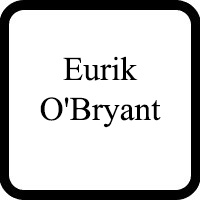 Stockton Bankruptcy & Debt Lawyers, California
Stockton Bankruptcy & Debt Lawyers, California
Sponsored Law Firm
-
 x
x

Click For More Info:
-
Fitzgerald & Campbell, APLC
400 N. Tustin Avenue Suite 401 Santa Ana, CA 92705» view mapBankruptcy & Debt Lawyers Who Solve Serious Problems
We are a motivated, respected, and experienced law firm that provides affordable services that get results.
800-732-9061
Sponsored Lawyers
1-10 of 47 matches
Bankruptcy & Debt, Wills & Probate, Intellectual Property, Landlord-Tenant
Eurik is a shareholder at Sekhon & O’Bryant specializing in the practice of contested trust and estate matters, probate administration, commercial litigation, real property disputes, and general civil litigation. Eurik is an experienced and skilled litigator with extensive trial practice.
(more)Business, Bankruptcy, Trademark, Contract, Wills & Probate
Simran Sekhon is a practicing lawyer in the state of California.
(more)


 Gregory Fitzgerald Santa Ana, CA
Gregory Fitzgerald Santa Ana, CA AboutFitzgerald & Campbell, APLC
AboutFitzgerald & Campbell, APLC Practice AreasExpertise
Practice AreasExpertise


